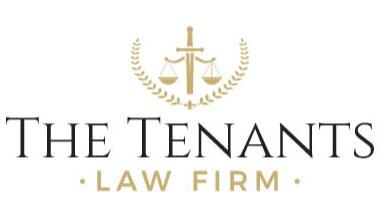What is premises liability?
Premises liability is a type of lawsuit. If an injury (physical damage or mental suffering) occurs on a property, the person or entity with ownership of that property is legally responsible. This applies to every state, because property owners, as a principle, must ensure that their property is a safe environment for visitors. In the event of an injury, if the property owner has not taken measures to adequately address potential hazards, they must be held accountable.
Can you sue for premises liability?
Typical premises liability lawsuits include, but are not limited to:
● Bites from an animal
● Crimes due to poor security
● Defective elevator, staircase, or escalator accidents
● Falls due to slippery conditions
● Toxic chemicals
● Swimming pool accidents
● Construction site injuries
There is also a wide definition of “property owner” when it comes to who you may sue:
● Landlord or tenant
● Homeowner
● Business owner, company, or employee
● Multiple parties
What happens when you file a suit for premises liability?
Depending on the judgment, you may receive compensation when you file a suit for premises liability. This can include medical payments, such as hospital bills or physical therapy, and also reparations for lost wages due to an incapacity to work. If a person is killed due to the accident, then the family might be entitled to compensation as well. Your involvement in the injury, the likelihood of injury, and the extent of safety measures — or lack thereof — will all factor into a determination of what is awarded.
What should you do if you believe you are entitled to sue for premises liability?
If you were injured on someone else’s property, that does not necessarily constitute premises liability. The primary consideration is whether or not the property owner was negligent; so, if you believe a property owner is liable for your personal injury, you must be able to prove both the lack of proper safety measures and your injury. The property owner can only be sued for injuries that are preventable, and due to hazards that they knew about or reasonably should have known about. If you are injured on a property that is being leased, you can still claim premises liability. The tenant will often be responsible unless the injury was due to hazards caused by the landlord.
What are the premises liability laws in Los Angeles, and statewide in California?
The most significant premises liability laws in Los Angeles fall under statewide codes. California Civil Code §1714(a) states that an injury sustained by another due to one’s lack of skill in managing their property violates the law, except if the injured person has willingly or “by want of ordinary care” caused their own injury. This means that the victim must also prove they were not defying the safety measures at the property. Some states categorize the victim as either an invitee, licensee, or trespasser, but California law no longer distinguishes these. Instead, a holistic judgment is made based on the likelihood of trespassing, combined with the likelihood and seriousness of an injury. It’s also important to remember that a lawsuit for premises liability in California is valid only within two years of the date of the injury, due to the statute of limitations.
Premises liabilities are complicated to navigate, and contacting experienced attorneys is crucial. Tenants Law Firm is here to help. Our team specializes in these cases to protect you against personal injuries sustained on others’ property. If you think you are entitled to a premises liability lawsuit, contact us by calling (310) 432-3200 or by using this form.

